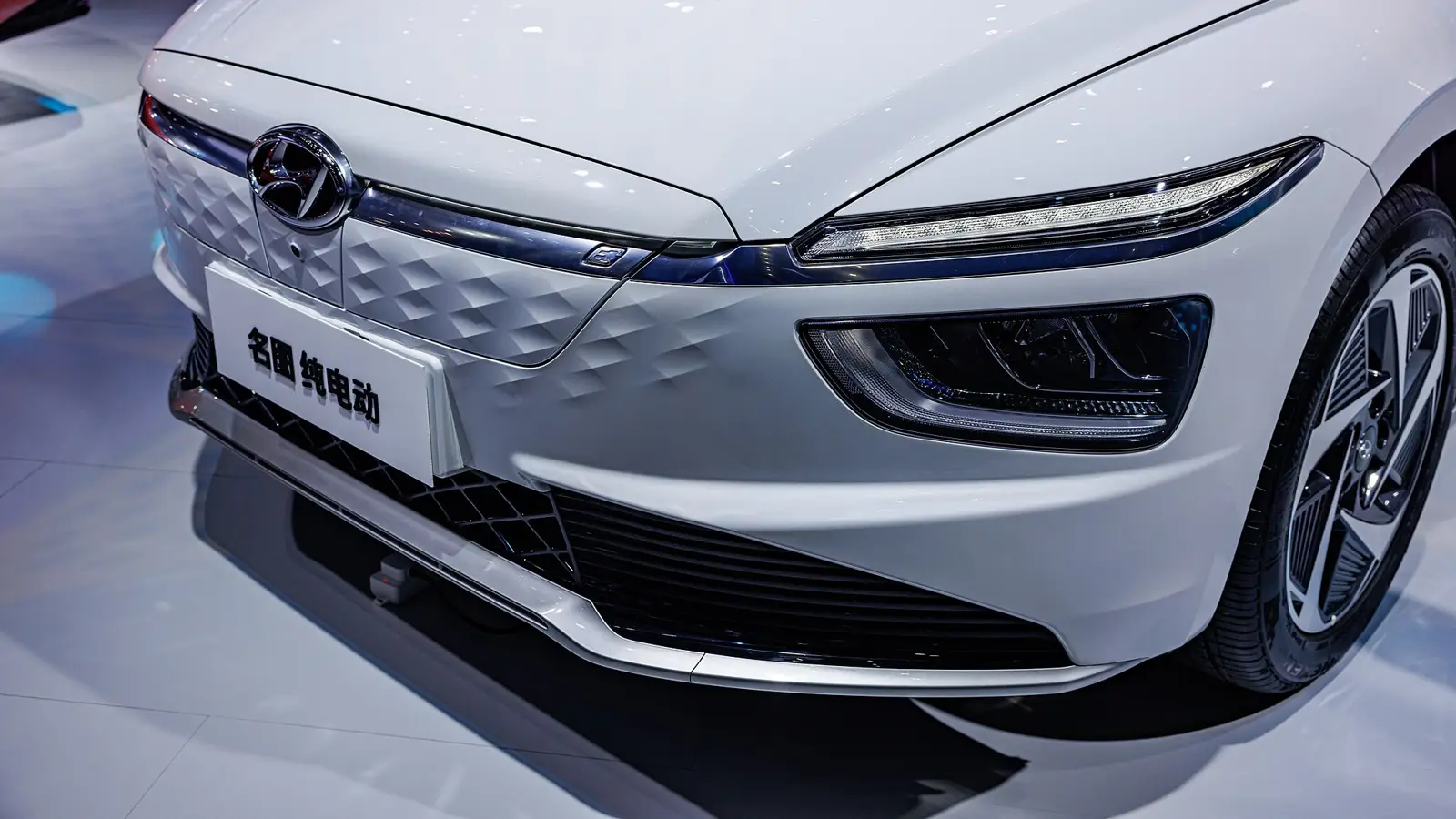Hyundai Postpones Solid-State Battery Rollout While Competitors Push Forward

Hyundai has postponed the commercial launch of solid-state EV batteries until at least 2030, citing technological challenges, while rivals like Toyota and Mercedes-Benz accelerate their development.
Hyundai Motor Group, including Kia, has pushed back the commercial launch of solid-state batteries for electric vehicles to at least 2030. While competitors are moving full speed ahead with testing and deployment, the South Korean automaker acknowledges that the technological hurdles remain too great for mass production in the near future.
At the Kia EV Day 2025 event, Spencer Cho, head of global product planning at Hyundai, explained that despite ongoing research, solid-state batteries are not yet viable for large-scale manufacturing. The company remains committed to development but recognizes that further advancements are needed before these next-gen batteries can power its vehicles.
In the meantime, Hyundai and Kia are focusing on refining existing battery technologies. Their immediate priority is improving lithium iron phosphate (LFP) and lithium nickel manganese cobalt (NMC) batteries. The automaker expects its LFP cells—boasting an energy density of around 300 Wh/kg—to enter mass production in 2025, promising improved range and affordability for EV buyers.
While Hyundai plays it safe with proven technologies, its competitors are taking bolder steps. Mercedes-Benz is already testing a production model—the modified EQS—with solid-state batteries, aiming for a range of over 1,000 km. Toyota, an early investor in solid-state research, plans to roll out its own version by 2026, while Stellantis is set to equip its next-generation Dodge Charger EVs with these cutting-edge batteries as soon as 2026.
Hyundai’s decision to delay its solid-state ambitions might be a strategic move, allowing the company to avoid the risks and costs associated with an immature technology. However, if rivals deliver on their promises in the coming years, the South Korean automaker could find itself at a disadvantage.
The big question now is whether Hyundai’s alternative battery strategies will be enough to keep it ahead of the competition while others bet on game-changing innovations.
Mark Havelin
2025, Feb 28 19:55


